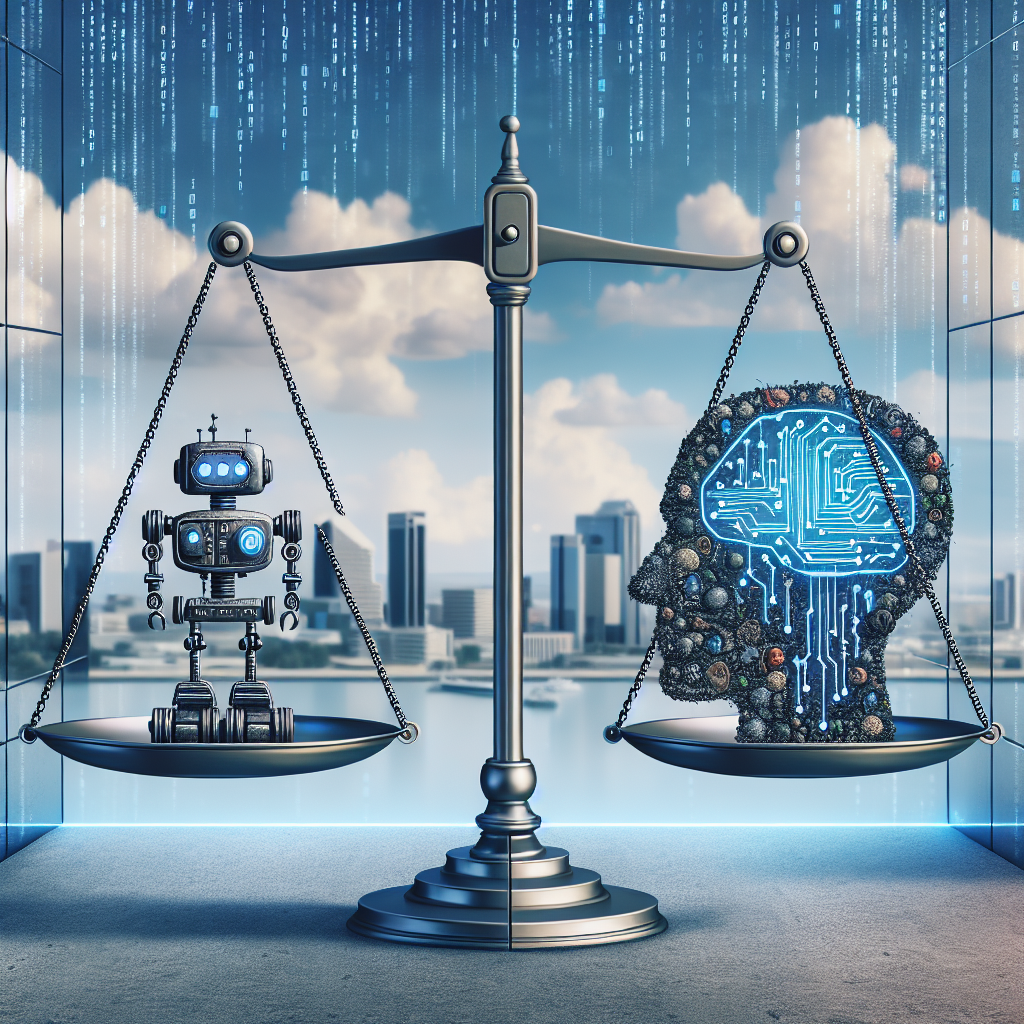Artificial Intelligence (AI) has become an integral part of our daily lives, with applications ranging from virtual assistants like Siri and Alexa to personalized advertisements on social media platforms. However, not all AI is created equal, and there are significant differences between Narrow AI and Artificial General Intelligence (AGI). In this article, we will explore the distinctions between the two and discuss the implications for society.
Narrow AI vs. AGI: Understanding the Differences
Narrow AI, also known as Weak AI, is designed to perform specific tasks or solve particular problems. It operates within a limited scope and does not possess general intelligence or the ability to learn from experience. Examples of Narrow AI include voice recognition software, recommendation algorithms, and self-driving cars.
On the other hand, AGI, also known as Strong AI, is a hypothetical form of AI that can understand, learn, and apply knowledge in a way that is indistinguishable from human intelligence. AGI would have the ability to reason, plan, solve problems, and adapt to new situations. While Narrow AI is focused on narrow tasks, AGI is capable of performing a wide range of tasks and exhibiting human-like intelligence.
One of the key distinctions between Narrow AI and AGI is the concept of generalization. Narrow AI is designed to excel at specific tasks within a predefined domain, while AGI has the capacity to generalize its knowledge and apply it to different domains. This ability to transfer learning from one task to another is a hallmark of human intelligence and is a key feature of AGI.
Implications for Society
The development of AGI has the potential to revolutionize society in ways that we cannot yet imagine. AGI could lead to breakthroughs in fields such as healthcare, transportation, and education, transforming the way we live and work. However, the widespread adoption of AGI also raises important ethical and societal concerns.
One of the main concerns surrounding AGI is the issue of control. As AGI becomes more advanced and autonomous, there is a risk that it could outpace human intelligence and potentially pose a threat to humanity. The concept of the “singularity,” a hypothetical point at which AI surpasses human intelligence, raises questions about the control and governance of AGI.
Another concern is the impact of AGI on the job market. As AGI becomes more capable of performing a wide range of tasks, there is a possibility that it could lead to widespread automation and job displacement. This could have significant implications for the economy and for workers who may find themselves replaced by machines.
Furthermore, the development of AGI raises important ethical questions about the rights and responsibilities of AI. As AGI becomes more sophisticated, there is a need to establish guidelines and regulations to ensure that AI is used responsibly and ethically. Issues such as bias in AI algorithms, data privacy, and the potential for AI to be used for malicious purposes are all important considerations for society.
FAQs
Q: What are some examples of Narrow AI applications?
A: Some examples of Narrow AI applications include virtual assistants like Siri and Alexa, recommendation algorithms on streaming platforms, and facial recognition software.
Q: How is AGI different from Narrow AI?
A: AGI is designed to exhibit general intelligence and the ability to learn and adapt in a way that is indistinguishable from human intelligence, while Narrow AI is focused on specific tasks within a limited domain.
Q: What are some potential benefits of AGI for society?
A: AGI has the potential to revolutionize society by leading to breakthroughs in fields such as healthcare, transportation, and education. It could also improve efficiency and productivity in various industries.
Q: What are some ethical concerns surrounding the development of AGI?
A: Some ethical concerns surrounding AGI include issues of control, job displacement, bias in AI algorithms, data privacy, and the potential for AI to be used for malicious purposes.
In conclusion, the distinctions between AGI and Narrow AI are significant, with implications for society that are both promising and concerning. As we continue to develop AI technologies, it is important to consider the ethical, legal, and societal implications of AGI and to work towards a future in which AI is used responsibly and ethically for the benefit of humanity.

